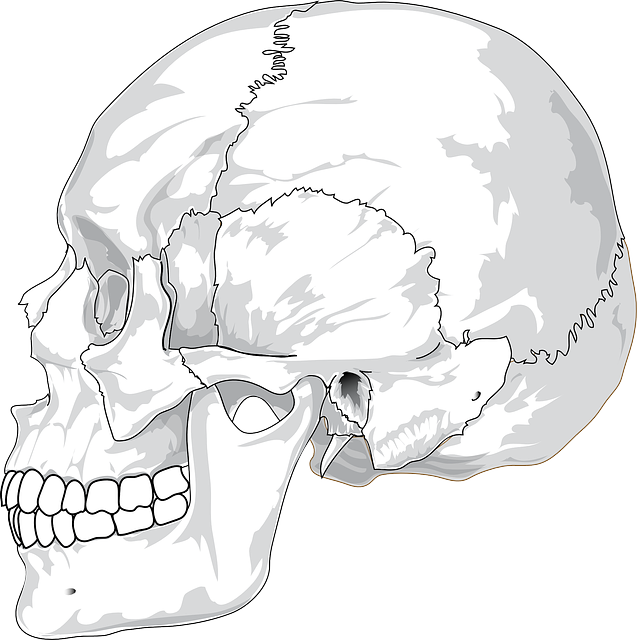At my first Alexander Technique lesson, I remember how light and easy my movements were at the end.
I also remember my teacher telling me not to focus on memorizing or re-creating those sensations. Instead, she told me to repeat the phrases she said, remember her voice and hands on me.
I recognized the changes I experienced were not about trying to feel something I knew. Instead, the feelings arose in response to what I was thinking and understanding.
Some of my students grok this paradigm quickly, others default to focusing on what they feel and it takes them a bit longer to understand the role that thinking and comprehending play in the change they are experiencing.
Alexander referred to the unreliability of using sensation to guide movement and action as “debauched* kinesthesia”. How very Victorian, and very judgy!
I introduce the concept a bit differently. You obviously perceive/feel what you perceive/feel. However, you may not be accurate or precise in interpreting what those sensations tell you about your position in space, or the amount of exertion or mobility you have or need to accomplish a task.
Sensation is relative, constantly changing and subjective. Alexander Technique does not consider it reliable on its own to facilitate a desire to change, improve in performance, or eliminate harmful actions. Lessons help us improve the accuracy of how we interpret our sensations, and to learn other means for mitigating the stresses, both physical and physiological, that come from not knowing more accurately what we are actually doing.
Example 1:
In a lesson, I may have my hands on a student’s head and I give verbal prompts to help her allow an easier balance on top of her skull. She hears my words and thinks in a certain way. She notices she feels lighter, and differently balanced on her feet, and perhaps some soreness or ache dissipates. I see recognition on her face, and perhaps she says “I feel taller and lighter.”
My reply: “What were you thinking right before you experienced that change? What were the words, did you have an image, did you understand something in a new or deeper way? That is what you want to replicate outside the lessons - those thoughts or ideas or new understandings. Don’t try to generate the same set of sensations in your body. That is not how you made this change in the first place. I guided your thinking, not your sensing.”
Example 2:
My father has had Alexander lessons on and off for close to 30 years, with a colleague of mine, and then with me. During one lesson, I asked him to lift his arm up in front of him as though he was reaching for something from a high shelf.
As he did, he pulled the back of his head towards his heels, which made it harder for his hand to move towards the imagined object on the shelf. I asked him to change his thinking so he could let his head lighten up off his spine, rather than pulling his head and neck in the opposite direction he was sending his hand.
This video illustrates what happened.
“You just want me to think? That will be enough to change?” he said.
“Yes. Thinking is how we move. The habitual way you lifted your arm was the result of thinking. Even if your thinking wasn’t in words, you were still thinking. I am guiding you to change your thinking to guide your movement with more detailed intention.”
***************
Try this:
Look in a mirror at the space above your head, and think of allowing your head to lighten up towards the ceiling. What do you observe?
Rest your hand on your lap and think of your arm being as heavy as lead. Now think of your arm being hollow and light. What do you observe?
Raise your arm out in front of you. As you move, think about moving your arm by lifting the underside of your arm. What do you notice?
*****************
*Definition of debauched: indulging in or characterized by sensual pleasures to a degree perceived to be morally harmful; dissolute.

